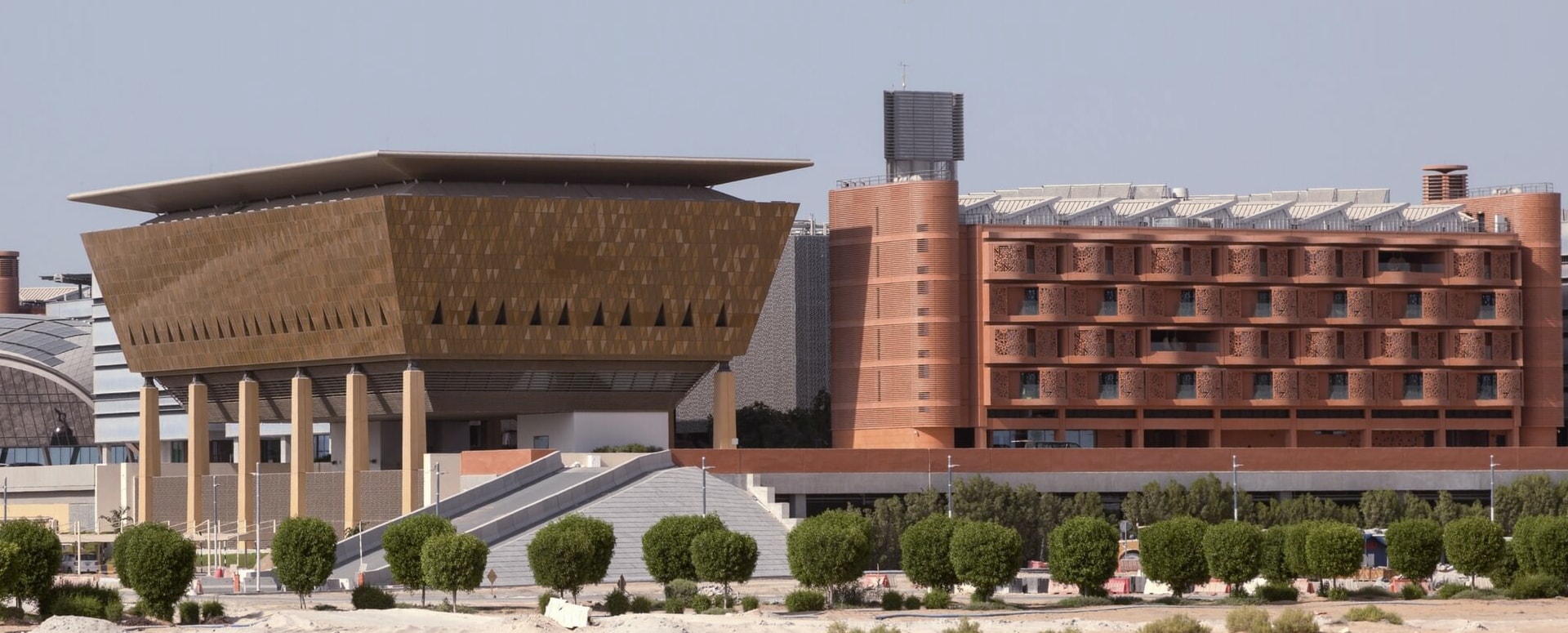
Masdar Institute of Science and Technology
Master of Science in Sustainable Critical Infrastructure
Urban development will continue globally while the requirements for reducing its ecological footprint and carbon emissions in particular will be increasingly more aggressive. The Sustainable Critical Infrastructure (SCI) Program at Masdar Institute aims at advancing research and education in integrated sustainable infrastructure development. The program is addressed to architects, urban planners and civil engineers, as well as engineers, building scientists interested in infrastructure planning.
The need for urban critical infrastructure development and maintenance will remain acute, as urbanization will be a continuing process well into the middle of the century to accommodate the growing global population and migration waves. Infrastructures can be defined as “network[s] of independent man-made systems and processes that function collaboratively and synergistically to produce and distribute a continuous flow of essential goods and services.”
Typical critical infrastructure systems include:
- transportation networks,
- logistics systems (including waste processing and reverse logistics),
- buildings and urban components
- energy generation and distribution systems
- water supply and wastewater treatments systems,
- information and communication technology (ICT) systems etc.
